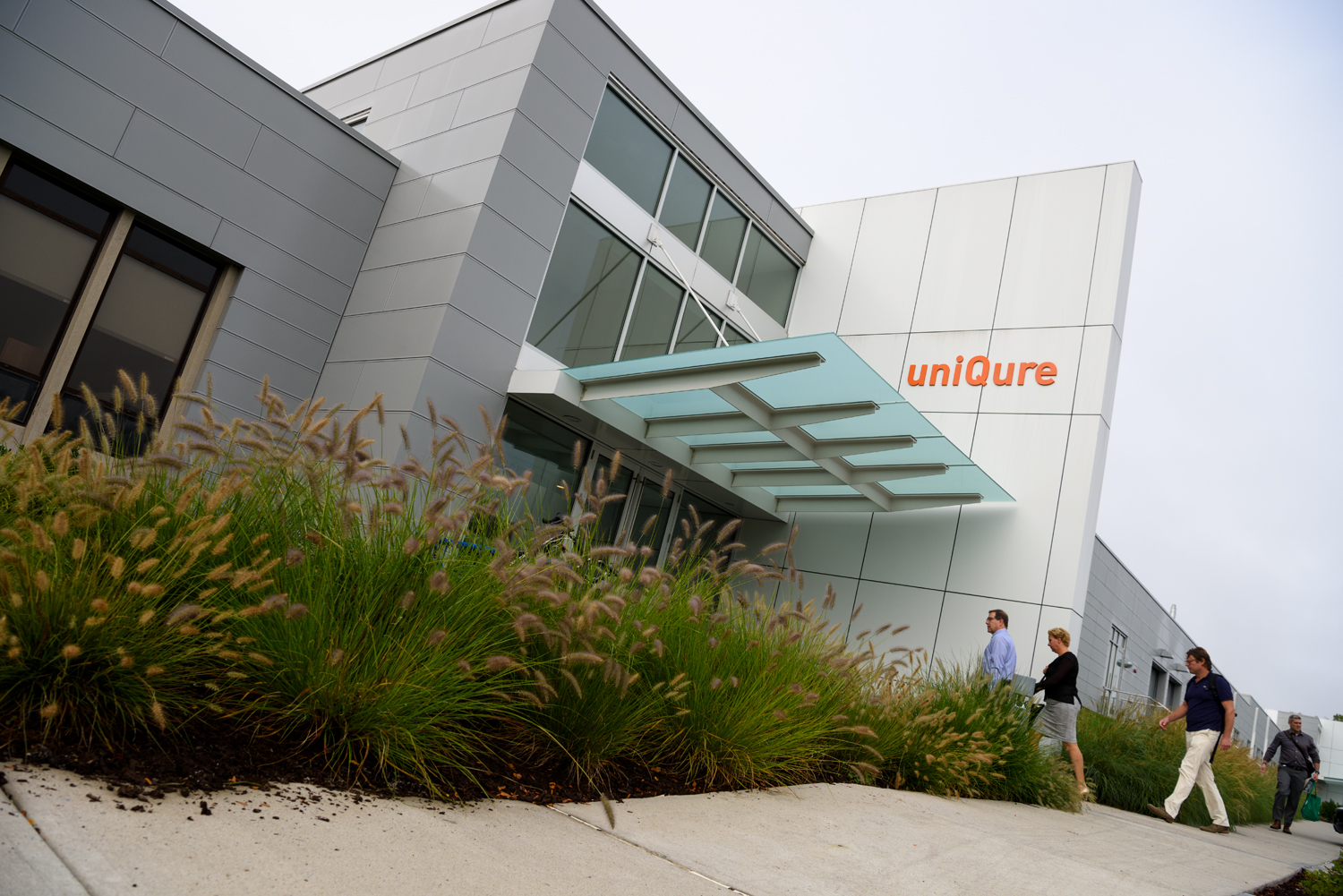UniQure presses go on Huntington’s gene therapy trial

UniQure has started screening patients for its phase 1/2 trial of gene therapy AMT-130 for Huntington’s disease, and says it hopes to start treating the first subject in late 2019 or early 2020.
The start of the trial will give the Dutch biotech a second gene therapy in clinical trials to go along with AMT-061 (etranacogene dezaparvovec), its one-shot therapy for haemophilia B which is in phase 3 testing.
Huntington’s disease is a rare, devastating neurodegenerative genetic disorder that affects motor function and causes severe cognitive decline, eventually leading to total physical and mental deterioration.
The disease is caused by a mutation in the gene coding for huntingtin which causes the formation of an abnormally long and unstable form of the protein that is chopped up by cellular repair mechanisms into smaller, toxic fragments.
AMT-130 consists of an adeno-associated virus (AAV) vector carrying a micro-RNA that is designed to switch off the huntingtin gene and prevent it from producing the mutant form of the protein.
In annual models, a single dose of AMT-130 was shown to reduce huntingtin levels, initially in deep structures of the brain like the striatum that are affected first by the disease and spreading to higher structures such as the cerebral cortex that come into play later in the course of Huntington’s.
The phase 1/2 trial will be conducted in around 26 patients at several clinical sites, who will be treated either with a single dose of the gene therapy directly into the striatum or an imitation procedure with no drug.
The main outcome measures will be safety and the persistence of AMT-130 in the brain, but the trial will look at clinical outcomes including motor, cognition, and behavioural function over a five-year period. First results should be available in 2022.
Other companies – notably Wave Life Sciences/Takeda and Ionis/Roche – are developing antisense drugs to switch off production of huntingtin, but these would require continuous dosing in order to be effective.
The announcement was made in UniQure’s third-quarter results update, at which it also said it had completed enrolment of 62 patients into its HOPE-B trial of haemophilia B therapy AMT-061, setting it on course for a readout in 2020 and possible filing in early 2021.
In July, UniQure reported phase 2b results with AMT-061 showing that it could restore Factor IX levels into the normal range for two out of three subjects.
UniQure was the first company to launch a gene therapy onto the market in Europe, introducing Glybera (alipogene tiparvovec) for familial lipoprotein lipase deficiency (LPLD) in 2012, but the product was a commercial flop and was withdrawn from sale in 2017.












